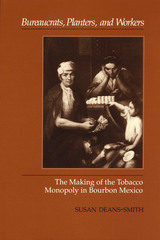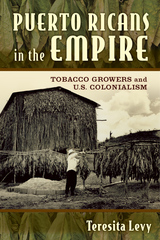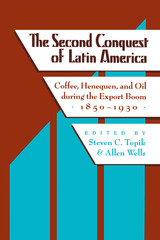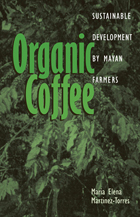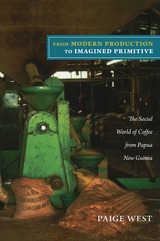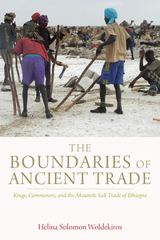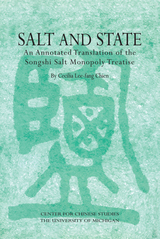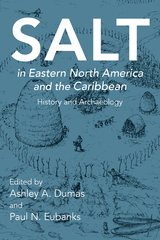Plantation Worlds
Duke University Press, 2024
Cloth: 978-1-4780-2086-8 | Paper: 978-1-4780-2561-0 | eISBN: 978-1-4780-2774-4 (standard)
Library of Congress Classification HD9198.I43A8437 2024
See other books on: Assam | Barua, Maan | Effect of human beings on | Elephants | Human-animal relationships
See other titles from Duke University Press
Cloth: 978-1-4780-2086-8 | Paper: 978-1-4780-2561-0 | eISBN: 978-1-4780-2774-4 (standard)
Library of Congress Classification HD9198.I43A8437 2024
ABOUT THIS BOOK | AUTHOR BIOGRAPHY | REVIEWS | TOC | REQUEST ACCESSIBLE FILE
ABOUT THIS BOOK
In Plantation Worlds, Maan Barua interrogates debates on planetary transformations through the histories and ecologies of plantations. Drawing on long-term research spanning fifteen years, Barua presents a unique ethnography attentive to the lives of both people and elephants amid tea plantations in the Indian state of Assam. In the nineteenth and early twentieth centuries, nearly three million people were brought in to Assam’s plantations to work under conditions of indenture. Plantations dramatically altered the region’s landscape, plundered resources, and created fraught worlds for elephants and people. Their extractive logics and colonial legacies prevail as durations, forging the ambit of infrastructures, labor, habitability, and conservation in the present. And yet, as the perspectives of the Adivasi plantation worker community and lifeworlds of elephants show, possibilities for enacting a decolonial imaginary of landscape remain present amid immiseration. From the margins of the Global South, Barua offers an alternative grammar for articulating environmental change. In so doing, he prompts a rethinking of multispecies ecologies and how they are structured by colonialism and race.
See other books on: Assam | Barua, Maan | Effect of human beings on | Elephants | Human-animal relationships
See other titles from Duke University Press






